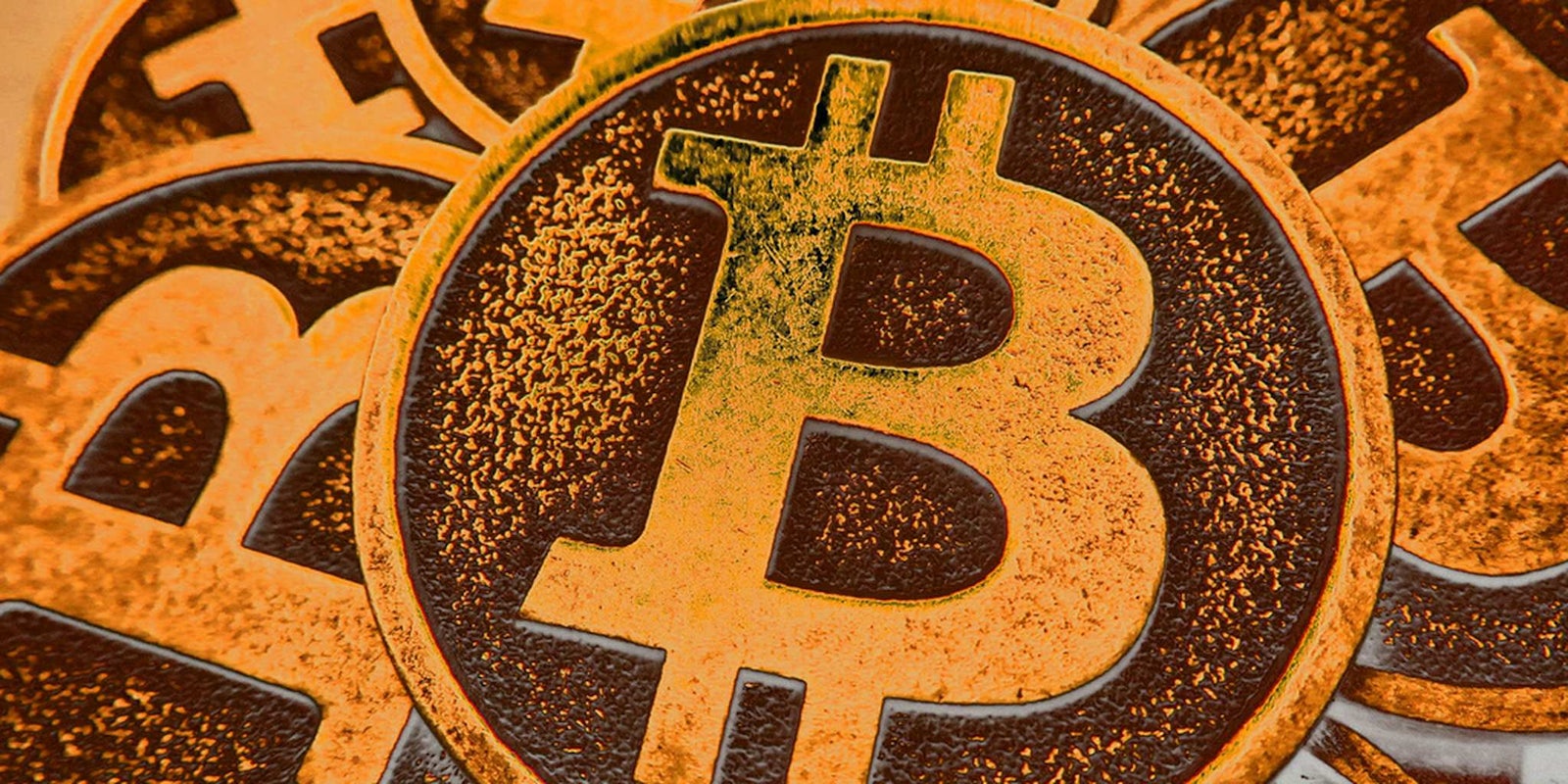It seems like every day there’s a story about yet another company announcing it will accept Bitcoin. Individually, most of these stories produce a collective ‟meh,” mattering more in the aggregate sense of a global consumer economy gradually warming to the idea of online currencies, a concept unknown to all but a small cadre of true believers as recently as a year ago.
Comments made by Overstock.com CEO Patrick Byrne earlier this week in an interview with Bitcoin news site newsBTC, on the other hand, are actually quite important in their own right. Byrne announced that the Utah-based online retailer plans to begin accepting Bitcoin by the latter half of 2014. If Overstock.com, which reported more than a billion dollars in revenue last year, goes through with this pledge, it will become the largest American retailer to accept Bitcoin.
“It will put [Overstock] at a competitive edge if, and only if, the general population starts thinking and using Bitcoin,” Byrne said. “We’re willing to take the first step and see.”
Started in the late 1990s, Overstock.com began its life selling off the used office supplied from tech firms that perished in the Dot Com bust at prices beneath their wholesale value. The company has since branched out into selling new products, hosting online auctions and acting as a direct vendor for artisan products made by craftspeople around the world.
In October, Byrne told the New York Times that Overstock.com was considering the incorporation of Bitcoin transactions into its payment system, but was waiting to make an ultimate decision until some of the legal questions around currency were clarified.
Overstock.com’s openness to Bitcoin is party ideological. Byrne has labeled himself a follower of the Austrian school of economics, which is skeptical of government-issued fiat currencies like the U.S. dollar or the British pound because they can be manipulated for political ends. Since the number of Bitcoins in existence increases at a set rate, this sort of government control is essentially impossible—a facet of Bitcoin that’s engendered much support among the techno-libertarian community that comprised many of its early adopters.
‟I think a healthy monetary system at the end of the day isn’t an upside-down pyramid based on the whim of a government official, but is based on something that they can’t control,” Byrne told the Financial Times.
One of the biggest issues hampering Bitcoin adoption by many merchants is the currency’s history of extreme price swings. In the past 30 days alone, the price of a single bitcoin has fluctuated between a low of around $600 USD and over $1,200 USD. With little assurance that a bitcoin today will be worth remotely the same price tomorrow, it can make people transacting in the Bitcoin jittery.
Bitcoin-only online retailer BitcoinShop.us gets around this problem by originally listing the prices of its items in comparably stable USD on the backend of its website and then converting those prices into Bitcoin on the fly. That way, while Bitcoin’s can move up and down all it wants, the actual value of the goods being sold in the site will remain constant.
However, this doesn’t mean that Bitcoin volatility doesn’t pose some risks for retailers. BitcoinShop.us registered a 20 percent drop in sales over a two week period earlier this year when the currency’s price experienced a particularly drastic upswing. BitcoinShop.us co-founder Michael Handerhan told Wired the culprit for this sales slowdown was people suddenly seeing their bitcoins as an investment to hold onto as the price increased rather than a currency to be exchanged back and forth.
For its part, Overstock.com has indicated that it will likely convert any bitcoins it receives into USD unless it finds a reliable way to hedge against a massive drop in the price of Bitcoin, such as through the purchase of derivatives contracts.
There’s also the issue of a government crackdown. The Chinese government recently prohibited financial institutions in the country from transacting in Bitcoin, in essence shutting Bitcoin out of the market where it was experiencing the fastest growth and leading to a global crash in the price of the currency.
In the U.S., on the other hand, regulators have viewed Bitcoin more favorably. Officials have largely indicated their enforcement efforts will primarily focus on bad actors using Bitcoin for illicit purposes, such as money laundering, rather than businesspeople using the currency for otherwise legitimate purposes.
Wedbush Securities analyst Gil Luria, who recently authored the first valuation estimate of Bitcoin coming from a registered broker-dealer, explained that Bitcoin’s true potential is less about being a investment or place to store value than in its capacity to facilitate online transactions.
“Bitcoin is a better technology than what Visa, Mastercard, or Western Union are offering,” Luria explained. “They can either adapt and survive or they could ignore or marginalize it and see their businesses erode.”
Luria argued that, as more retailers begin to accept Bitcoin, its value as a way to get money from Point A to Point B has the potential to increase exponentially. He speculated Bitcoin’s infamously volatile price could end up between 10 and 100 times its current value. Luria said there is one company that could single-handedly do the most to push Bitcoin acceptance around the world. “Think about the day PayPal starts taking Bitcoin. On that day, Bitcoin will go from being accepted in 5,000 places to being accepted in 5 million. That will happen overnight.”
Photo by btckeychain/flickr


